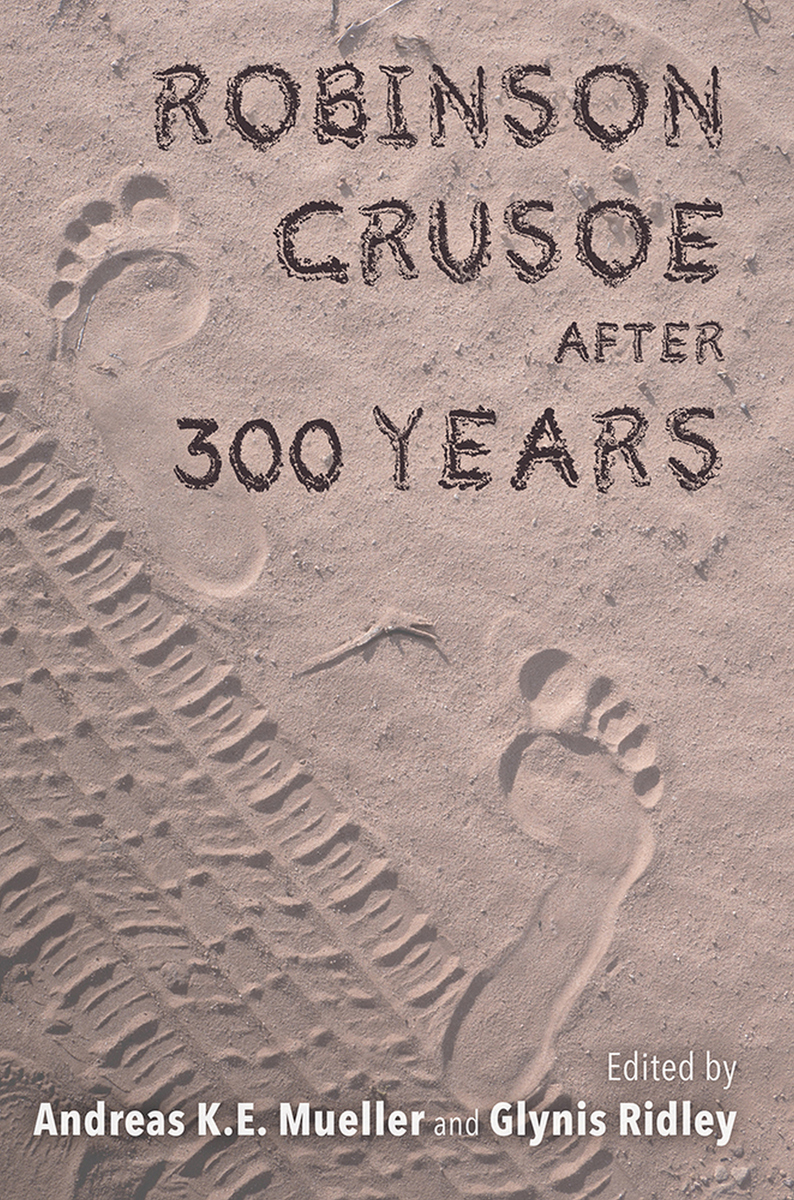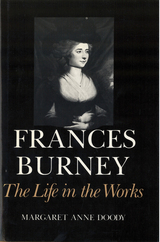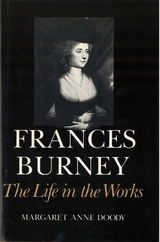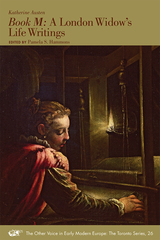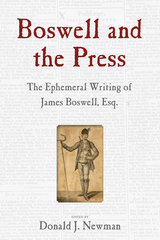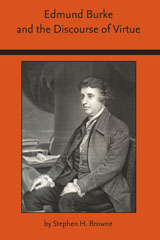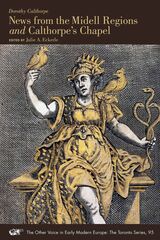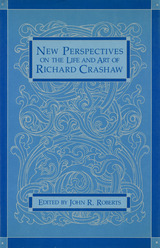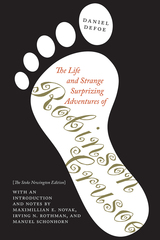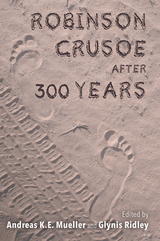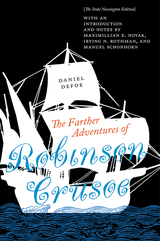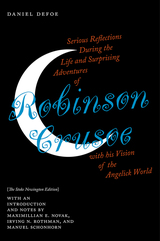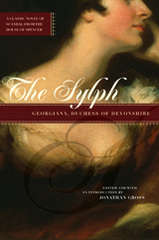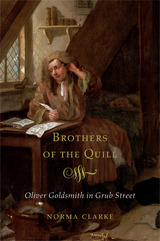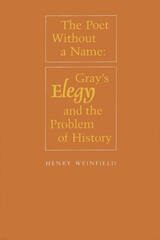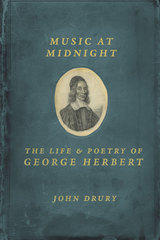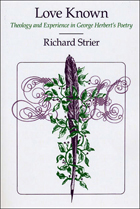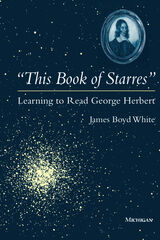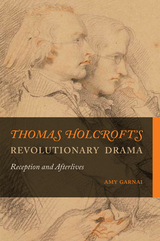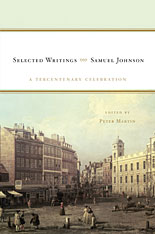Robinson Crusoe after 300 Years
Bucknell University Press, 2021
Cloth: 978-1-68448-287-0 | eISBN: 978-1-68448-288-7 | Paper: 978-1-68448-286-3
Library of Congress Classification PR3403.Z5R5755 2021
Dewey Decimal Classification 823.5
Cloth: 978-1-68448-287-0 | eISBN: 978-1-68448-288-7 | Paper: 978-1-68448-286-3
Library of Congress Classification PR3403.Z5R5755 2021
Dewey Decimal Classification 823.5
ABOUT THIS BOOK | AUTHOR BIOGRAPHY | REVIEWS | TOC
ABOUT THIS BOOK
There is no shortage of explanations for the longevity of Defoe’s Robinson Crusoe, which has been interpreted as both religious allegory and frontier myth, with Crusoe seen as an example of the self-sufficient adventurer and the archetypal colonizer and capitalist. Defoe’s original has been reimagined multiple times in legions of Robinsonade or castaway stories, but the Crusoe myth is far from spent. This wideranging collection brings together eleven scholars who suggest new and unfamiliar ways of thinking about this most familiar of works, and who ask us to consider the enduring appeal of “Crusoe,” more recognizable today than ever before.
See other books on: 18th Century | Comparative Literature | Defoe, Daniel | Novak, Maximillian E. | Robinson Crusoe
See other titles from Bucknell University Press
